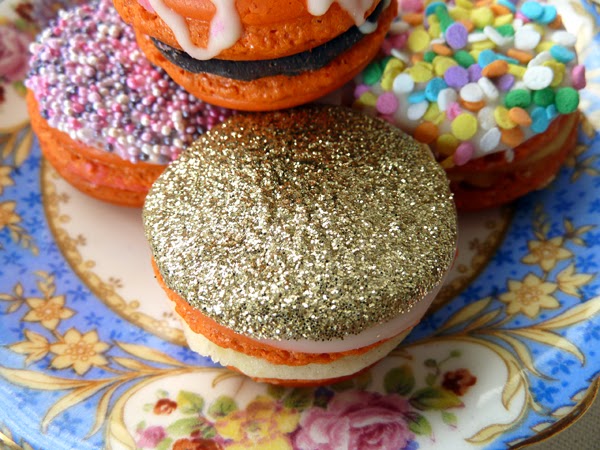It's that time of the year again when Muslims all over the world are fasting for the holy month of Ramadan, which began this past Sunday. I know most people have heard of it, but most don't know what it actually is, so I thought I'd shed some light on it for those who are interested. If you have work colleagues or friends who are fasting, this is what it's all about...
Ramadan is the name of the ninth month in the lunar Islamic calendar. During this month it's compulsory for all Muslims to fast for the whole month, from sunrise to sunset. This is a complete fast, meaning no food or drink at all.
(There are of course a few exceptions for people who can't fast for medical reasons, children, pregnancy and a few others.) The end of the fast is determined by the sighting of the new moon of the next calendar month, and we have a day of celebration called Eid which is spent visiting family. And eating.
What a fasting day looks like
The fast begins at sunrise, so we wake up just before sunrise to have a meal, which is referred to as
Suhoor or
Sehri. At the moment for us in Durban, South Africa, this means waking up at about 4:30am and the cut off time is 5:22am. From that point on there's no food or drink (or smoking or sex) til sunset, which at the moment is around 5:09pm. We then traditionally break our fast with dates and a meal, and this is referred to as
Iftaar. After sunset until sunrise you can eat as much as you want.
Isn't that really hard?
Not as hard as you'd expect. It's good to eat and drink wisely at meal times, meaning eating nutritious low GI food and plenty of water to make sure you're well hydrated, and that helps keep your energy up during the day. I've found that most of the time when I think about food or want to eat, it's more in my mind than actual hunger. It's surprising just how much we eat out of boredom, needing a break from work, eating because you know there's something yummy in the fridge, stress, habit, or just as something to do. For me personally, I only truly feel hungry once or twice in the day usually in the late afternoon, and the feeling passes.
Isn't that unhealthy?
Not at all, it's actually medically proven to be beneficial in many ways.
Google it.
So you probably lose a lot of weight, right?
Hmmm... not so much. You probably could if you were eating healthy and that was your goal, but I've never experienced weight loss, or gain, from fasting. Traditionally people tend to make lots of fried foods, samoosas, savoury pies and other delicious things during Ramadan which is not great health wise, but is so yummy! If you're able to resist all that and maintain healthy eating then you've got a better chance. Personally, I try to eat healthy but I love yummy food, so I do a bit of both :)
So should I not eat around people who are fasting?
Nope, that's not the case at all. A fasting person isn't meant to live in a bubble and hide from food - resisting it is a practice in self control, and that's part of the point.
Fasting from food is the most basic way to fast, but this month is a very spiritual time in which we should increase prayer and charity and basically detox from our bad habits and try to better ourselves and gain better habits. It's a good opportunity to be mindful and "fast" from thoughts and conversations that are negative. It's also good to minimise useless activities like binge watching series and wasting hours on social media, etc, and swop that out for prayer or just more useful activities.
Hope this helped share some understanding! If you'd like to know more, you can read about it
here,
here and
here. If you'd like to wish someone well for their fasting you can say Ramadan Mubarak, and Eid Mubarak for the day of Eid.
Follow Happiness is...
twitter •
facebook •
instagram •
pinterest •
bloglovin'




































